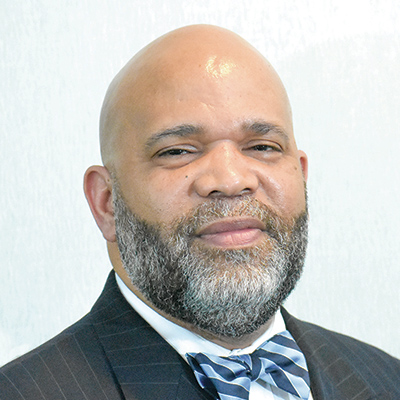
As our society evolves to meet the demands of a fast-changing economy, education remains the cornerstone of workforce preparation. For the Black community, the presence and leadership of Black educators is not just beneficial—it is essential. Black educators bring cultural competence, representation, and mentorship that uniquely empower Black students to visualize themselves in diverse and thriving career paths.
Representation matters. According to the U.S. Department of Education, while Black students make up about 15% of public school enrollment, only 7% of public school teachers are Black. This disparity contributes to achievement gaps, lower expectations, and missed opportunities for students to connect with role models who understand their cultural experiences. A Johns Hopkins University study found that Black students who had just one Black teacher by third grade were 13% more likely to enroll in college—and 32% more likely if they had two. These numbers speak volumes about the life-changing power of shared identity in education.
Black educators are also instrumental in exposing students to high-demand career paths and equipping them with the skills needed for long-term success. With an intimate understanding of the barriers that often hinder Black youth—whether economic, social, or systemic—Black teachers are uniquely positioned to design strategies that align workforce development with community needs. They can identify talents in students that others might overlook and can connect them to opportunities in industries where Black workers remain underrepresented, such as STEM, healthcare, and skilled trades.
Moreover, Black educators frequently go beyond classroom instruction to serve as career coaches, life mentors, and community advocates. They often fill the gap left by limited school resources and play a pivotal role in programs that bridge education and employment. When aligned with initiatives like career academies, apprenticeship programs, or career and technical education (CTE), Black educators help create pathways that lead students from classroom learning to real-world careers.
Investing in the recruitment and retention of Black educators should be a national priority. Institutions must also support policies that create leadership opportunities for Black teachers, who in turn can influence curricula, hiring, and institutional culture to be more inclusive and future-focused.
Building the future workforce of the Black community cannot happen without empowering the leaders who help shape its foundation. By supporting Black educators, we are not just promoting diversity in schools—we are fortifying the economic, intellectual, and social infrastructure that ensures a more equitable future for generations to come.
“Education is the passport to the future, for tomorrow belongs to those who prepare for it today,” Malcolm X once said. It’s time we recognize that Black educators are the ones stamping those passports, helping students navigate toward the bright futures they deserve.
Rick Beasley is executive director of CareerSource South Florida.







